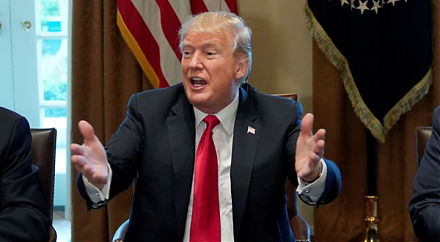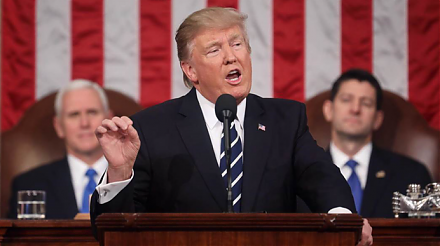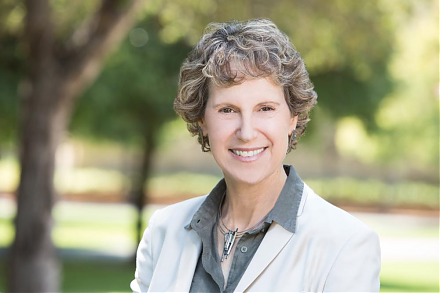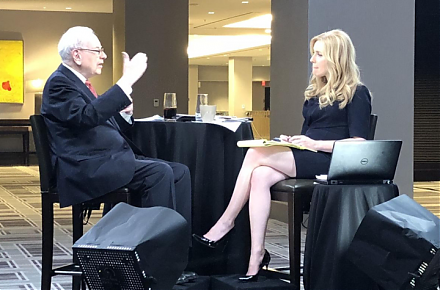

2019-10-29 13:36:00 Tue ET
treasury deficit debt employment inflation interest rate macrofinance fiscal stimulus economic growth fiscal budget public finance treasury bond treasury yield sovereign debt sovereign wealth fund tax cuts government expenditures
The OECD projects global growth to decline from 3.2% to 2.9% in the current fiscal year 2019-2020. This global economic growth projection represents the slowest in a decade amid substantial economic policy uncertainty due to Sino-American trade conflict resolution, Brexit, and geopolitical risks and military confrontations in East Asia and some middle east countries such as Iran and Saudi Arabia etc. A major deterioration in global economic prognosis echoes similar concerns that monetary policymakers share in the period from the Jackson Hole summit to the recent U.S. FOMC press release.
As most central banks institute dovish interest rate cuts worldwide, monetary policy institutions may lack the important key levers and instruments to cope with the next global economic recession. As a Paris institution, the OECD further warns that a no-deal Brexit would likely push the U.K. economy into an economic recession due to both trade retrenchment and foreign capital exodus. Several OECD countries need to introduce fiscal stimulus from aggressive tax credits to fresh infrastructure expenditures in order to revive their economic prospects. These global economic developments can cause adverse ripple effects on exchange rate stabilization and asset price normalization for gold, oil, and other commodities.
If any of our AYA Analytica financial health memos (FHM), blog posts, ebooks, newsletters, and notifications etc, or any other form of online content curation, involves potential copyright concerns, please feel free to contact us at service@ayafintech.network so that we can remove relevant content in response to any such request within a reasonable time frame.
2018-10-25 10:36:00 Thursday ET

Trump tariffs begin to bite U.S. corporate profits from Ford and Harley-Davidson to Caterpillar and Walmart etc. U.S. corporate profit growth remains high a
2017-02-01 14:41:00 Wednesday ET

President Trump refreshes his public image through his presidential address to Congress with numerous ambitious economic policies in order to make America g
2023-06-07 10:27:00 Wednesday ET

Anat Admati and Martin Hellwig raise broad critical issues about bank capital regulation and asset market stabilization. Anat Admati and Martin Hellwig (
2018-05-05 07:33:00 Saturday ET

Warren Buffett shares his fresh economic insights and value investment strategies at the Berkshire Hathaway shareholder forum in May 2018 despite the new GA
2020-02-12 09:31:00 Wednesday ET

Mark Zuckerberg develops Facebook as a social network platform to help empower global connections among family and friends. David Kirkpatrick (2011) T
2019-02-02 11:36:00 Saturday ET

The Trump administration teams up with western allies to bar HuaWei and other Chinese tech firms from building the 5G high-speed infrastructure due to natio